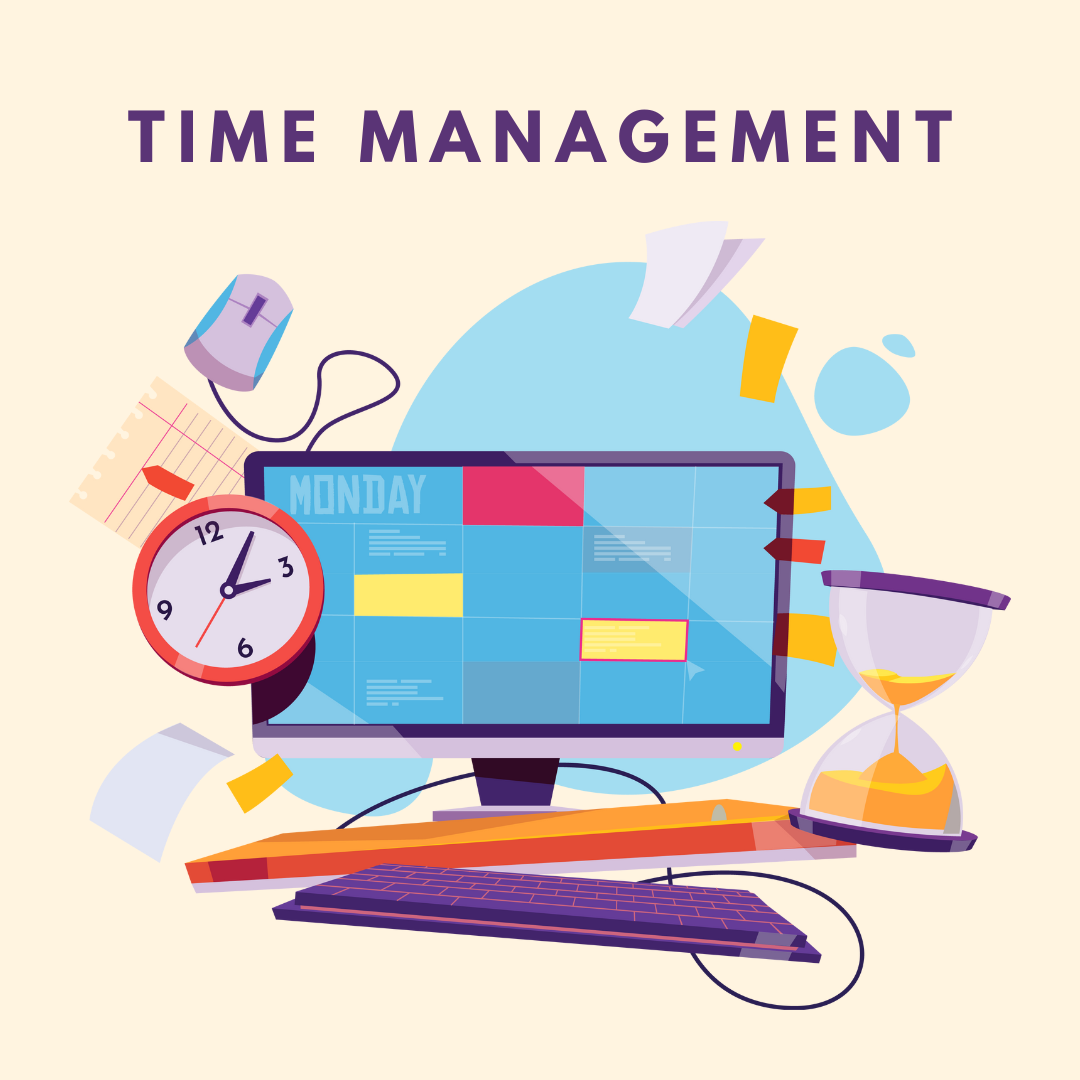Exams can be stressful, and even the most well-prepared students sometimes make mistakes that cost them valuable marks. An awareness of such common exam errors and how to avoid them will enhance your performance significantly during exams. Here are some of the most common exam mistakes and practical strategies to avoid them.
1. Failing to Read Instructions Carefully
One of the most basic yet most expensive exam errors made by students is the improper reading of instructions. It can result in too many or too few answers, incorrect format, or omission of essential details.
How to avoid it: Take a few minutes to properly read instructions before beginning. Highlight key points, and if permitted, ask the examiner for clarification.
2. Poor Management of Time
Many students struggle to complete all their questions within the limited exam time. Spending too much time on one question can result in insufficient time for others, leading to unanswered or rushed responses.
How to avoid it: Distribute your time according to the marks assigned to each question. If you’re stuck on a question, move on and return to it later if time permits.
3. Misreading the Question
Due to nervousness or rushing, students sometimes misread questions and provide incorrect or irrelevant answers.
How to avoid it: Read a question twice before answering it. Underline or highlight keywords like "compare," "contrast," "explain," or "justify" to refer to as a model for your answer.
4. Not Answering in the Required Format
Certain questions have prescribed formats, like essays, bullet points, or numerical answers with workings. Deviation from them will result in loss of marks.
How to avoid it: Read the exam format beforehand and practice answering in the required format to ensure familiarity.
5. Bad Handwriting
Markers cannot give marks for answers that they cannot read. Bad handwriting can heavily work against you, particularly in written exams.
How to avoid it: Practice writing neatly and legibly. If you struggle with writing speed, practice timed exercises to improve both speed and legibility.
6. Not Answering Questions
Even if you don't know the entire answer, not putting anything in a question box guarantees zero credit. Attempting an answer, even if incomplete, can still earn you partial credit.
How to avoid it: If you are not sure, lay down whatever you can that is applicable. Incomplete answers will receive some marks, and this could be the difference between passing or failing.
7. Overcomplicating Answers
A few students produce extremely lengthy answers using complicated words and excessive detail, which is not always required.
How to avoid it: Be brief and clear in your responses. Answer the question concisely without unnecessary details.
8. Omitting to Review Answers
Students often hurry to finish an exam and forget to check their answers, losing the opportunity to correct human errors.
How to avoid it: Take a minimum of five minutes of additional time at the end of the test to review your answers. Check for grammar, spelling, and calculation mistakes.
9. Poor Preparation
Last-minute cramming also leads to poor retention and added stress, causing errors on the test.
How to avoid it: Plan by making a study schedule. Break topics into small sections and use active recall and practice tests to reinforce learning.
10. Lack of Adherence to Marking Scheme
Ignoring the mark distribution can lead to spending too much time on low-value questions while neglecting high-mark ones.
How to avoid it: Read the mark allocation before writing. Complete high-mark questions first and set your timetable accordingly.
11. Excessive Memorization Dependency
Memorization without understanding concepts can be harmful, particularly when questions require critical thinking and examples.
How to avoid it: Attempt to comprehend concepts rather than memorize facts. Use real-life examples, mind maps, and practice questions to deepen understanding.
12. Anxiety and Panic
Panic caused by exam anxiety can result in blanking out or careless errors.
How to Avoid it: Practice relaxation techniques like deep breathing and mindfulness. Arrive at the exam venue early and maintain a positive mindset.
13. Not Striking Out Wrong Options in Multiple-Choice Questions
In multiple-choice tests, students sometimes fail to eliminate wrong options or second-guess correct answers, leading to unnecessary mistakes.
How to avoid it: Read all options carefully before selecting an answer. Use the process of elimination and avoid changing answers unless you’re sure.
14. Poor Essay Structure
In essay-based exams, students often write unstructured responses, making it hard for examiners to follow their arguments.
How to avoid it: Plan your essay before writing. Structure your essay with a clear introduction, well-organized body paragraphs, and a concise conclusion.
15. Insufficient Resting Before the Test
Insufficient sleep will reduce attention and cognitive performance and result in errors during the test.
How to avoid it: Make sure to have good sleep for a minimum of 7-8 hours before the test. Avoid late-night cramming and ensure your brain gets adequate rest before the exam.
Conclusion
Preventing chronic exam errors demands consciousness, preparation, and a successful exam strategy. By executing these exam tips, you can maximize your performance during the exam and reduce anxiety. Exams don’t just test intelligence; they also evaluate preparation and strategy. Good luck!!
Author : Soumi Roy
Also Read:

















Leave a comment